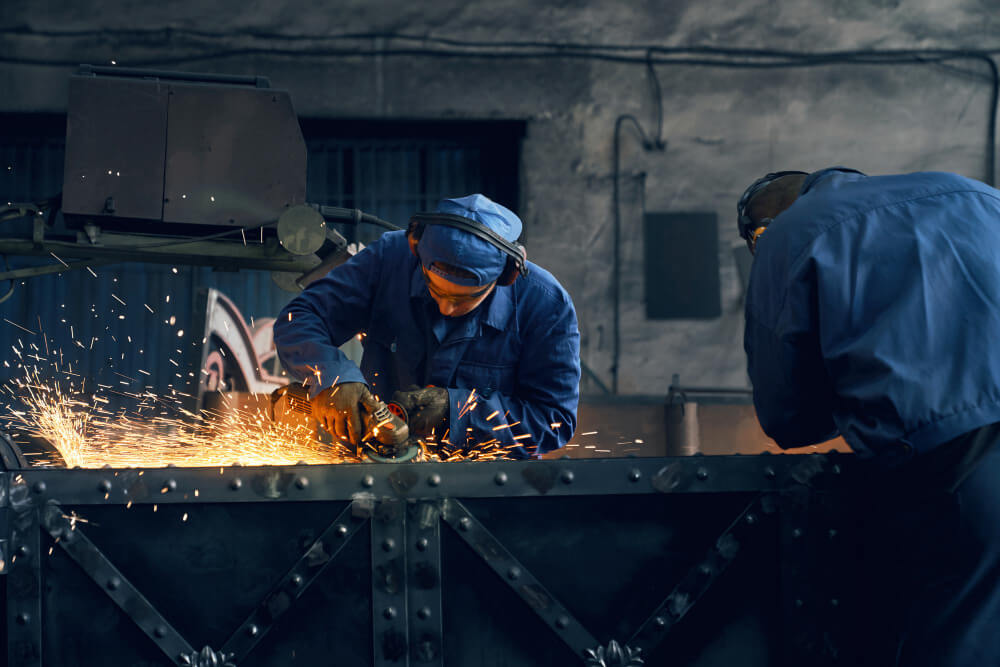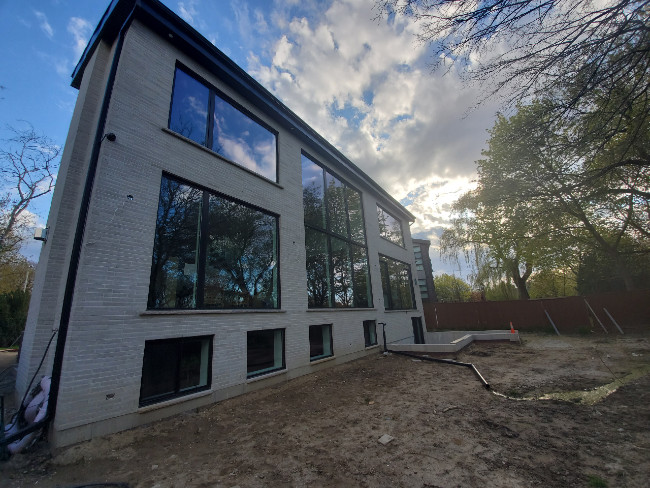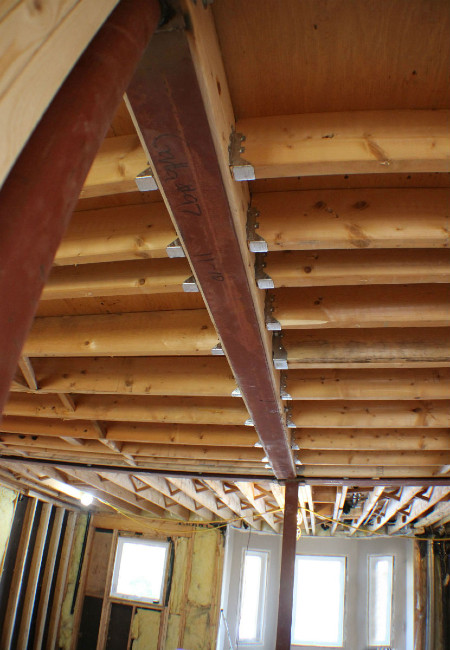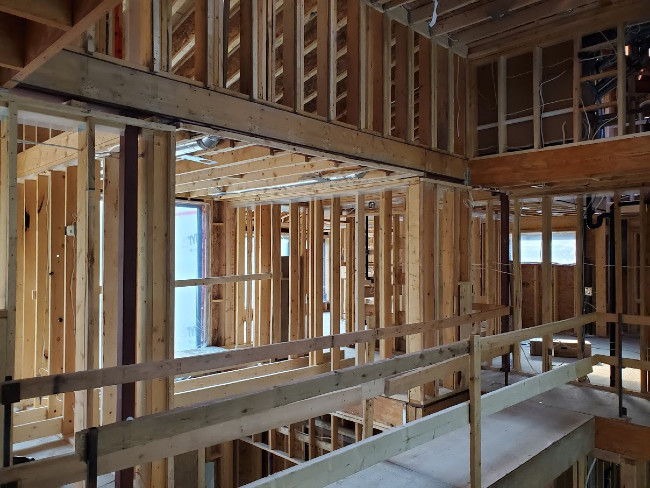Choosing the right Steel Fabrication Companies partner is pivotal for the success of your construction project. This in-depth guide will highlight key factors when assessing potential steel fabricators to discover your perfect match. We will delve into fundamental aspects of steel fabrication, the expertise you should gauge, necessary certifications, equipment appraisals, safety precautions, communication requirements, price comparisons, and red flags to steer clear of. This will empower you to make a wise decision.
What is Steel Fabrication?
Steel fabrication is the extensive process of manipulating steel materials—cutting, bending, welding, machining, and assembling—to construct structures, parts, or products. Fabricators transform raw steel into finished components or buildings through skilled precision work. The steel fabrication is highly diverse, with applications across industries like construction, transportation, appliances, machinery, etc. Partnering with specialists streamlines fabrication projects versus attempting complex in-house work.
Benefits of Working with a Steel Fabrication Company
Third-party steel fabrication companies offer manifold advantages over DIY fabrication: significant cost savings from efficiency, decreased labor needs, fast project timelines, high reliability, and reduced risks. They possess specialized expertise and mastery of intricate fabrication techniques that are impossible to match. The breadth of equipment and technology fabricators wield also enables higher-quality craftsmanship. Steel fabrication companies are the prudent choice for constructing high-rise or bridge components.
Key Services Steel Fabricators Companies Provide
Reputable steel fabricators offer end-to-end services encompassing the entire fabrication workflow: engineering consultation, 3D modeling, materials procurement, robotic cutting, welding, machining, finishing, weatherproofing, inspection, shipping, and installation. Broad capabilities allow managing projects under one roof, reducing coordination efforts. Look for expertise across cutting methods like plasma, laser, and waterjet; extensive welding specialties (TIG, MIG, flux-cored); precision CNC machining; and finishing processes like sandblasting powder coating and galvanization.
Factors to Consider When Choosing a Steel Fabrication Company



Numerous factors demand consideration when choosing Steel Fabrication Companies: location, size, experience, industries served, range of services, certifications earned, safety track record, equipment capabilities, reputation for quality, communication habits, culture, and pricing models. Thoroughly assess and compare multiple bid proposals, considering all these aspects. Key markers of excellence encompass extensive experience, relevant certifications, advanced equipment, and effective project management.
Assessing a Company’s Steel Fabrication Capabilities
Take time to thoroughly assess capabilities when evaluating fabricators. Examine the breadth of their services, expertise working with diverse steel types and grades (mild, tool, stainless, etc.), niche specialty areas, capacity for large or small projects, and ability to achieve ultra-precise tolerances. See example projects firsthand to gauge quality. Requiring photos of past projects during the bid process can also offer insights into abilities.
Evaluating Project Experience and Expertise
The types of organizations and projects a firm has completed offer clues into their expertise. Look for experience suiting your specific industry and project scale. Complex jobs like multi-story buildings, highway overpasses, or industrial equipment indicate advanced skills. Review a robust project portfolio, ask for client references to contact, and inquire about key personnel’s years of experience. Signs of expertise in your niche help ensure a successful project.
Importance of Quality Standards and Certifications
Trustworthy steel fabricators boast robust quality certifications indicating adherence to strict industry standards. Requiring ISO, AWS, and ASME certifications is highly recommended. Such standards regulate quality management systems, individual weld inspectors, welding procedures, ethics, environments, and machining competencies. Certifications reveal a commitment to excellence and safety. Verify all current licenses and accreditations.
Vetting Process and Quality Control
A rigorous quality control process prevents defects and accidents. Probe what checks and balances firms have in place, such as incoming material inspection, in-process testing and gauging, final multi-point inspections before shipping, quality assurance personnel, and criteria for rejecting subpar work. Detailed processes minimize errors and verify proper welding, dimensions, tolerances, coatings, finishes, and specifications conformity.
Key Steel Fabrication Technology and Equipment



Sophisticated fabrication machinery translates to higher throughput, precision, consistency, and more economical pricing. Look for computer-controlled equipment like CNC laser cutters, CNC press brakes, and CNC machining centers that offer tight tolerance capabilities. Well-maintained machinery and recent technology investments indicate a focus on quality.
Safety Record and Performance Metrics
A sterling safety record underscores diligent training, compliance, and conscientious work environments. Review OSHA 300 logs showing injury rates bettering national averages: probe training procedures, safety manager roles, and recognition through awards programs like AWS safety excellence. Monitoring key performance indicators like on-time delivery rates, quality control rejection rates, and client satisfaction scores also builds confidence.
Communication Practices and Project Management
Defining project requirements and plans upfront ensures aligned expectations and timelines. Discover how the firm communicates during projects, the frequency of progress updates, collaboration habits, attention to schedules and budgets, and resolving issues. Strong project managers who are responsive, accountable, proactive, and focused on solutions lead to smoother projects.
Getting Quotes and Comparing Pricing
Do gather proposals from multiple steel fabricators when possible. While cost is important, balance price against demonstrated expertise, capabilities, and project plans rather than selecting the cheapest bid. Beware of unrealistically lowball bids, which may indicate cutting corners. Ensure pricing aligns to project size, materials, tolerances, and service levels required.
Other Important Considerations
Peripheral factors also come into play when selecting the ideal firm. Consider company culture and values, staff tenure and retention rates, environmental sustainability initiatives, diversity and inclusion practices, community involvement, and more to find the optimal ethical match. Geographic proximity to projects, organization size to accommodate workloads, and scalability for future projects also merit deliberation.
Signs You Should Avoid a Steel Fabrication Company
Certain red flags during vetting provide reasons to avoid some fabricators: frequent project delays and missed deadlines, disorganization, unclear estimating, poor communication habits, shoddy portfolios showing inferior work, and a shortage of experience suiting your needs. Ethical and legal violations like contract breaches or safety violations also necessitate avoidance. Know warning signs before final selection.
Questions to Ask When Evaluating Firms
Arrive prepared with probing questions when interviewing fabrication firms to uncover qualifications. Inquire about years in business, specific past project examples, quality control procedures, percentage of work done in-house, equipment capabilities, certifications earned, safety records, communications processes, bidding practices, change order approaches and staff expertise. The more insights gleaned, the better you can make an ideal choice.
Conclusion
Choosing top-notch Steel Fabrication Companies necessitates meticulous evaluation, bid comparisons, expertise verification, comprehension of capabilities, and posing pertinent queries. Nevertheless, securing the perfect fit yields substantial benefits in enhanced quality, safety, and cost-efficiency. Utilize the counsel in this piece to arrive at a reasonable choice that won’t disappoint. Your forthcoming steel fabrication venture is poised for success with the appropriate partner.
















